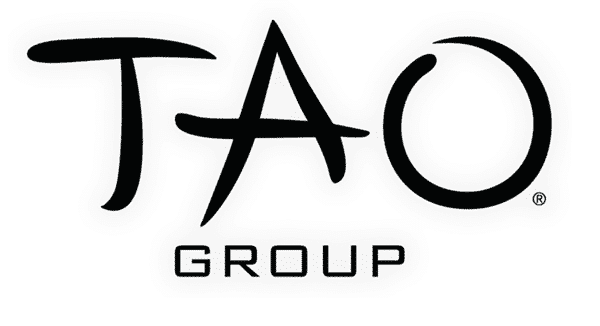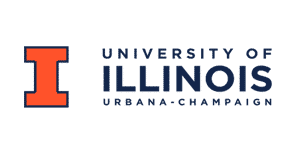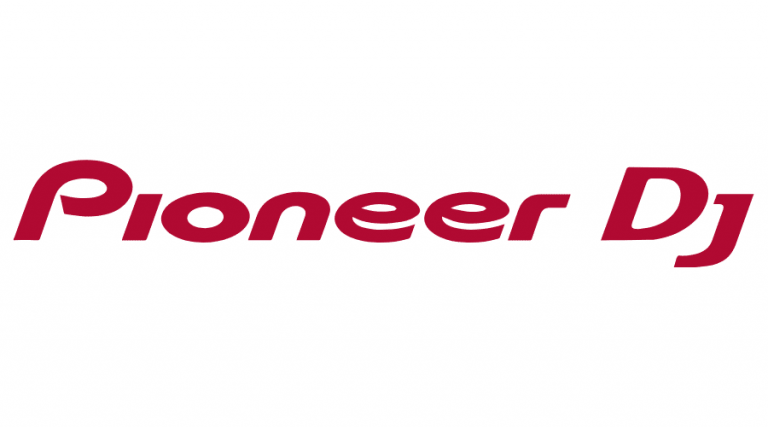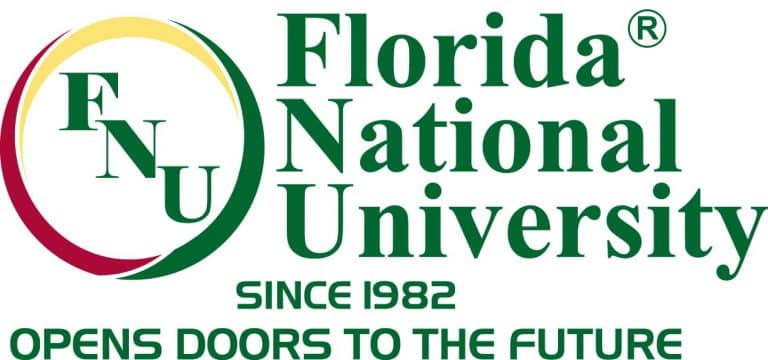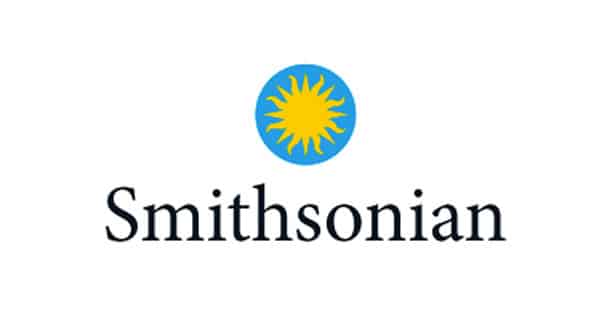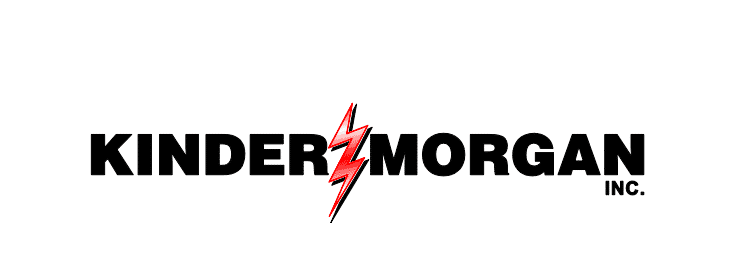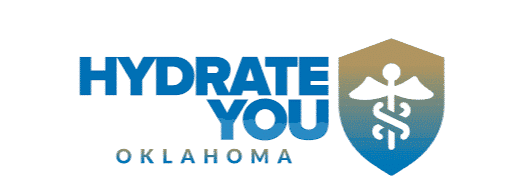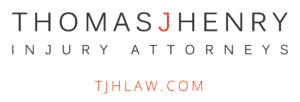Did you know that 93 percent of all online experiences start with a search engine? Picture this: Google handles more than two trillion online searches every year. In this booming digital world, if you want your business web pages to show up on top in your customers’ search results, you need to develop and execute a sophisticated search engine optimization (SEO) marketing strategy.
SEO involves techniques and tactics that search engine traffic to ensnare prospects by way of organic search. But because search engines continually improvise their search algorithms to deliver more relevant results to users, getting prospects via SEO is easier said than done.
This is where an SEO specialist comes into play.
An SEO specialist can use knowledge of these algorithms and search engine rules to build search campaigns that increase the search ranking of a client’s website and outpace competing websites.
Trying to be your own “SEO mastermind” is not a realistic goal for most entrepreneurs. Keeping up with these evolutionary changes is a full time job. If you’re a business owner or enterprise, focus on what you best and leverage the expertise of a proven SEO company.
That said, the SEO experts at Next Level Marketing are here today to provide a comprehensive crash course so you can get on the road to being more competent with SEO.
How Do Search Engines Work?
Search engines send out crawlers or robots to gather new and updated content on the internet. The bots retrieve all the content and add it to an index. An algorithm then matches user queries with the data in the index and comes up with search results.
There are approximately 30 search engines but Google commands the lion’s share of the search engine business. Google search engine and related entities like Google Maps, Google Images, and YouTube, account for 90% of searches on the web. Given Google’s dominance in the online search realm, SEO marketing research often revolves around optimizing websites for Google search.
How to Dominate Google Search Results?
There are several factors that influence a search engine’s algorithm. Google never discloses the algorithm it uses to rank websites, but most SEO specialists, ourselves included, have a fair idea of its algorithm’s rules. Here are some of the factors that can help you improve your site’s visibility and ranking on the world wide web.
Search & Accessibility
- Crawl Accessibility
Search engine bots discover your website through its links with other sites. On your website, it uses a route of links to move between pages. You need to properly link your site pages to help easy navigation and indexing by the search engine.
- Sitemap Submissions
Submitting a sitemap via Google Search Console allows Google’s crawlers to find high-priority pages on your website. A sitemap is a list of URLs on your website that the bots can use to find and record the content.
- Information Architecture
Intuitive arrangement and organization of content on your website improve a user’s flow through the pages.
- Name, Address, and Phone Number Display
If you’re a local business aiming at walk-in customers, ensure that you display your name, location, and contact details prominently and accurately on your website.
Keyword Optimization
- Keyword Identification
For your business to grow through search engine optimization, your SEO company expert must first need to identify the words people use, when they search for your type of business online. These are the keywords that your website will rank for, on Google and other search engines.
- Keyword Research
Better insight into how your target clients search for your products or services will result in better keyword research. An experienced SEO company knows the importance of keyword research to achieve top search rankings on Google.
- Keyword Target
There are keyword research tools you can use to find out more keywords that are relevant to your site. These tools search volumes for all the keywords. With higher volume keywords, the effort needed to achieve a higher ranking is greater. At times, it is better to target keywords with lower volume as you’ll face less competition to rank higher.
- Long-Tail Keywords
In going for very low search volume keywords, you run the risk of not engaging too many users. The best practice is to target, what we call in SEO marketing parlance, long-tail keywords. Long-tail keywords are very precise, lower-competition keyword search terms.
Insight: Find out what people want to know about your business. Make an FAQ page on your website enlisting those as questions and answers. You will be surprised by the spike in the organic traffic to your site.
On-Page SEO
Having prepared your list of target keywords, you need to integrate these keywords within your website’s content to achieve successful SEO marketing results. Let us look at the essential on-page items you will need to drive higher traffic to your website:
- Header Tags
This HTML element, also called the H1 tag, contains the page’s main header.
- Title Tags
The title tag shows up at the top of the browser. It is the location you can place your keyword in, for the maximum impact.
- Meta Description
An HTML element that provides a description of the page content. They nest in the head tag. Creative content producers at your SEO company can deliver compelling descriptions for your web pages.
- Alt Text
Search engine bots cannot crawl the images. The alt text describes the images so the crawlers can read them and understand the image context. Stuffing the alt descriptions with keywords is a bad SEO marketing practice.
- Image Optimization
Images slow down web pages. Use image compression and choose the correct image format. Work with a reliable SEO company to ensure any and all images are optimized for ultra-fast site speed.
- Image Sitemap
Submission of an image sitemap on Google Search Console can help Google crawl and file your images.
- Content
Quality content is very important for any website. Not only for a higher page rank but also to grab the customer’s interest. Google favors long and unique content. The more a user stays on your page and engages with the content, the better it is for your site’s ranking.
- Readability
Text size & color, headings, paragraph breaks, and supporting media. In short, the formatting and presentation are as important as the content itself.
- Anchor Text
The text that shows the path to other pages on the website. Search engines find out about the content on the linked page with the help of the anchor text.
Insight: Thumbnails can really slow down your pages, especially if you are running an e-commerce website. Use an image optimizer tool to compress and optimize them properly.
URL & Description
The URL structure of your website is vital from the perspective of your data segmentation and tracking needs. At the same time, short and definitive URLs do not run the risk of getting cut-off erroneously. They are also easy to copy, paste, and share.
- URL Structure
URL is an acronym for Uniform Resource Locator. URL is the address for each specific piece of web content. Take great care in naming the URL because it is your site’s identity as displayed by the search engines on the Search Engine Result Pages (SERPs).
- URL Length
Shorter URLs are easier to copy, paste, and easily clickable. Remove any subfolders that aren’t necessary and keep the length to a minimum. Keep in mind that users are more likely to be disconcerted by very long URLs.
- Keywords in URL
When targeting a particular keyword, include it in the page URL. But do stop short of packing the URL with keywords thinking it is a good SEO marketing ploy. It isn’t!
- HTTP vs HTTPS
To use an ‘HTTPS://’ protocol in your site’s domain name, you need to purchase an SSL (Secure Sockets Layer) certificate. Otherwise, a ‘not secure’ message flashes for an ‘HTTP://’ site on Google Chrome, which might make your website seem unreliable to the users.
Insight: Make sure to include only the URLs that you want the search engines to index, and impart directions to the crawlers accordingly. Your website’s sitemap should have the preferred version and not any duplicates.
Link Building & Domain Authority
When you work with a leading SEO company that is designing campaigns for its clients, they will explain to you why links are one of the most important criteria for ranking. Your business website needs to establish domain authority, and that comes from earning links from sites that have established authority.
- Internal Links
The ranking of the content on your website depends on how you interlink your pages and organize your site structure. When you interlink pages on your website, you are signaling the search engine to discover and index the pages on your website. You also help users to navigate the site with ease which in turn helps bring in more organic traffic directed towards your site.
- External or Backlinks
The HTML links that lead you from one website to another are external links, otherwise known as backlinks. Search engine algorithms perceive them as the gold standards of online reputation for a website. All your work with your SEO marketing campaign can be in vain if there are no authoritative links to your website.
- Redirect Links
When building and running a website, it’s common to have to rename or remove some of the pages. You need to ensure to remove or update the links to the old page and redirect the older URL to the new page. These are called 301 redirects.
Insight: Backlinks from trustworthy websites in your business space count for much more than any links from sites that have no relation or relevance to your website. Links from sources that are irrelevant can confuse the search engines about the authority of your page.
Build and Grow Your Business with a Top-Rated SEO Company
At Next Level Marketing, we believe that in view of the current digital consumer trends, your business must rank on Google Page One for major localized keywords. That is the surest, the most cost-effective, and probably the only way to succeed today.
We’re so confident in our work that we’ll guarantee you’ll rank on the first page for up to 40 keywords within 90 days of starting a campaign!
Call us at 1-844-736-6398 to discuss how we can create and execute a customized SEO marketing strategy for you, backed by our ironclad 40-keyword guarantee.










